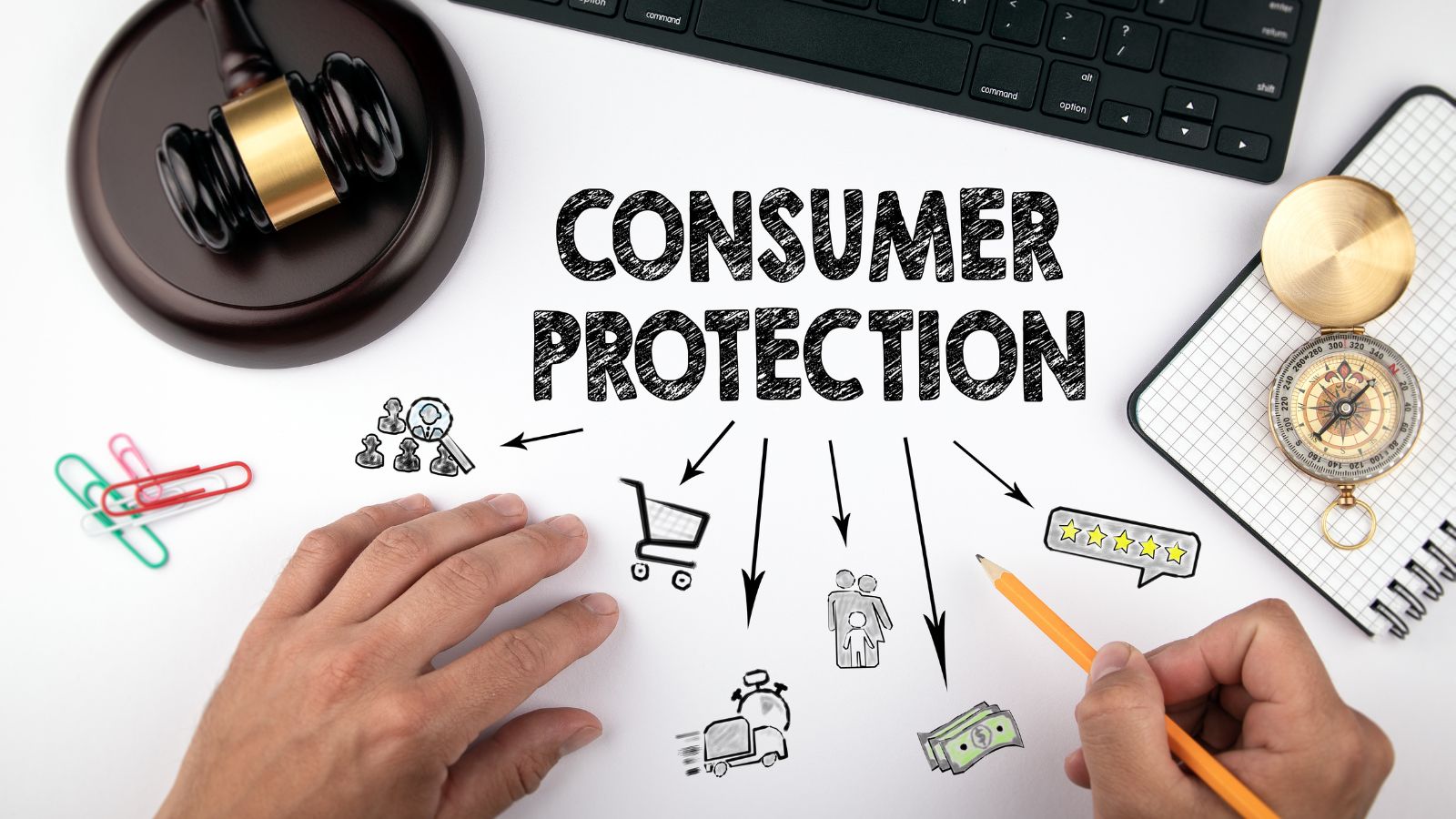When was the last time you felt entirely in control of your decision? Many of these seemingly personal decisions, like what you wear, what you eat, or even the media you watch, are subtly influenced by factors you may not even be aware of. Large companies are adept at exerting subtle influence, making it more difficult for customers to realize just how much power they have. Here are a few unexpected ways these businesses may be influencing your choices without you even realizing it.
Algorithms Shaping Preferences

Businesses have developed complex algorithms that determine what news headlines you view, what products are recommended to you on shopping platforms, and what material shows up in your social media stream. Through manipulation of the information you are exposed to, they successfully steer you in the direction of decisions that enhance their profits.
Specialized Advertising

One direct method that companies use to impact your decisions is through targeted advertisements that are based on your search queries, browsing history, and online activity. These advertisements are timed to appear at the perfect moment, making it difficult to avoid making certain purchases or using particular services even if you hadn’t planned to.
Supermarket Illusions Regarding Choice

The same few parent firms own several brands despite the appearance of variety on grocery aisles. One corporation, for instance, might own both the luxury and low-cost brands of the same product, guaranteeing that your money would go to them regardless of which you select.
Placement of Products under Control

Companies purchase prime shelf space in retailers. Companies realize these places influence buying decisions, which is why you frequently find goods at eye level or close to checkout stations. When something is neatly positioned in front of you, you’re more likely to take it.
Traps for Subscriptions

Many companies use low-cost introductory offers or free trials to lure you in and then automatically renew your subscription. Many consumers fail to cancel these renewals, which arrive at higher costs frequently, allowing businesses to extract more money from hesitant subscribers surreptitiously.
Modifying Health Patterns

Businesses frequently support diets and health fads that align with their product lines. For example, food corporations have benefited from the boom in plant-based diets, influencing not only what is sold but also the kinds of products that fill store shelves.
Using Big Data to Forecast Behavior

Businesses that have access to enormous volumes of data are surprisingly good at predicting the behavior of their customers. They utilize this information to change prices, introduce new goods, or even create customized marketing plans that take advantage of your habitual decisions and subtly nudge you in specific directions.
Using Environmentalism as a Tool

Given that customers place a high value on sustainability, corporations frequently engage in “greenwashing,” or the fabrication of claims to be environmentally benign. This gives the impression that your decisions are helping the environment, even though not much has changed.
Managing Media and News Narratives

Large businesses control many media channels, allowing them to influence the news you read or watch. They have the power to promote stories that suit their interests while downplaying or avoiding subjects that can damage their brand or cause them to lose money.
Restrictions on Information Access

Companies occasionally have an impact on the information that is accessible online. They ensure the information you find matches their commercial aims by eliminating bad reviews to discreetly funding content that advances their agenda, making it more difficult to make fully informed decisions.
Affecting the Desirability of Food

Corporations alter their food preferences through branding, marketing, and product development. A lot of food corporations purposefully create goods that are addicting by utilizing an almost impossible-to-resist blend of sugar, fat, and salt, which makes you want more.
Advancing Legislation

Millions of large businesses are secretly spent by many to push governments to enact laws that serve their interests. By lowering restrictions or obtaining tax incentives, they establish a climate that makes it easier for them to control markets, giving rivals and smaller companies fewer options.
Creating Social Media Trends

Businesses frequently start or support trending topics on social media sites such as Instagram or TikTok. Influencers receive compensation for organically endorsing items. Therefore, it is more difficult for the typical consumer to recognize that they are being targeted subtly but highly successfully.
Scarcity and Limited Edition Strategies

Have you ever noticed how many goods are marketed as “exclusive” or “limited edition”? This scarcity strategy pushes you to purchase as soon as possible to avoid the product running out. Businesses have come to understand that instilling a sense of urgency causes customers to act impulsively.
Programs for Brand Loyalty

Although they might appear to be a fantastic deal, loyalty programs are really meant to keep you doing business with the same firm. Companies make sure you stay in their environment and buy fewer products from rivals by providing exclusive offers, points, or awards.
Minor Adjustments to Packaging

“Shrink inflation” is the term for when businesses quietly cut the size of their products while maintaining the same price. Customers may not even realize they’re receiving less for their money, thanks to this subtle shift that helps the company optimize earnings.
Controlling Technology Platforms

Big businesses frequently control important technology platforms, which reduces the alternatives accessible to customers. These companies make it harder for you to move to other services, whether it’s through the acquisition of smaller rivals or exclusive app ecosystems like those found on Apple or Google devices. This limits your options and keeps you committed to their services and goods in the long run.
Managing What’s “In” for Fashion

Large fashion companies frequently set trends by selecting which products to promote throughout a specific season. Even if your clothes from the previous season still fit well, they can instill a drive for perpetual consumption by controlling the narrative surrounding what’s fashionable, making sure you always buy the newest styles.
Controlling the Online Market

The digital world is dominated by a small number of companies, especially in e-commerce. This implies that they have power over the user experience, product availability, and pricing. Product rankings are set by companies such as Amazon, which favors some brands over others in terms of visibility.
Conclusion

Large companies are experts at swaying consumer behavior, frequently without our knowledge. They have fantastic control over our decisions because of subtle tactics like influencing our buying patterns and the media we watch. Even while it could seem like we’re in control of our decisions, a lot of them have already been shaped before we even get to the register.
18 Reasons Why People Are Leaving Florida in Masses

Exploring factors that impact the desirability of living in Florida, this list delves into various challenges shaping residents’ experiences. From environmental concerns like rising sea levels to economic factors such as fluctuating job markets, these issues collectively contribute to a nuanced understanding of the state’s appeal.
18 Reasons Why People Are Leaving Florida in Masses
